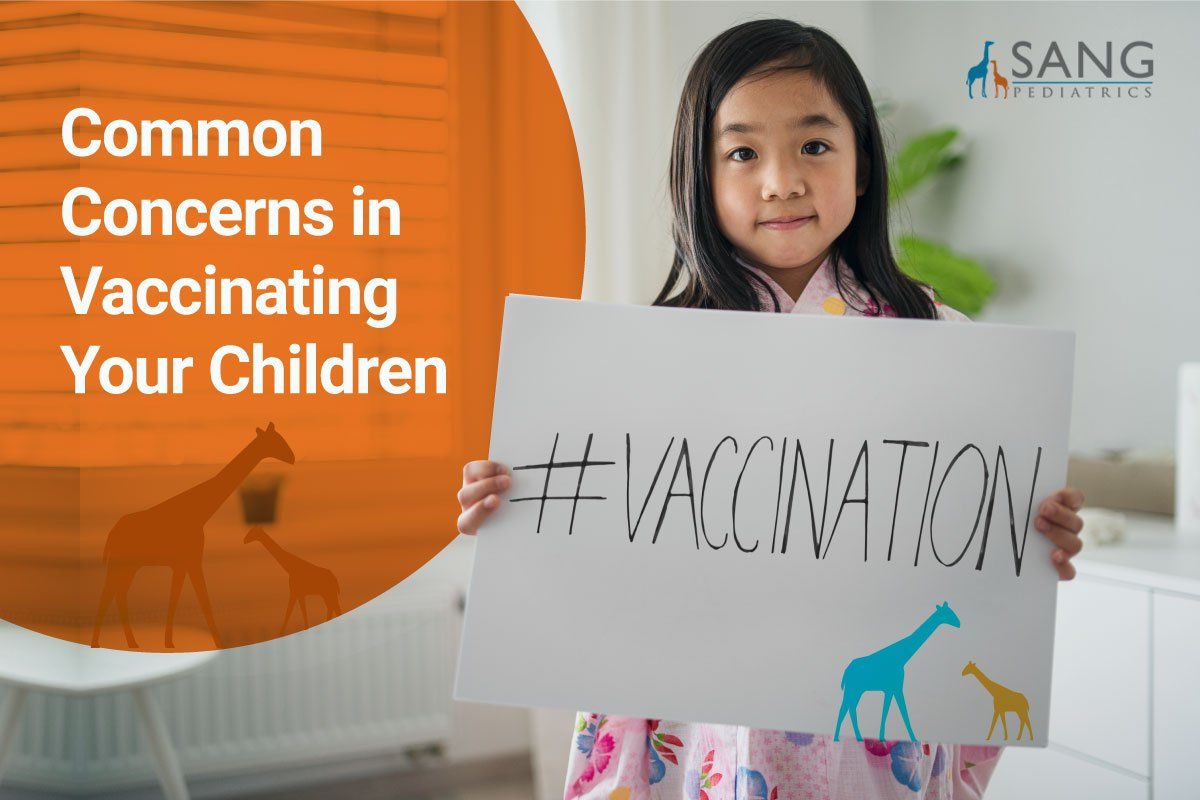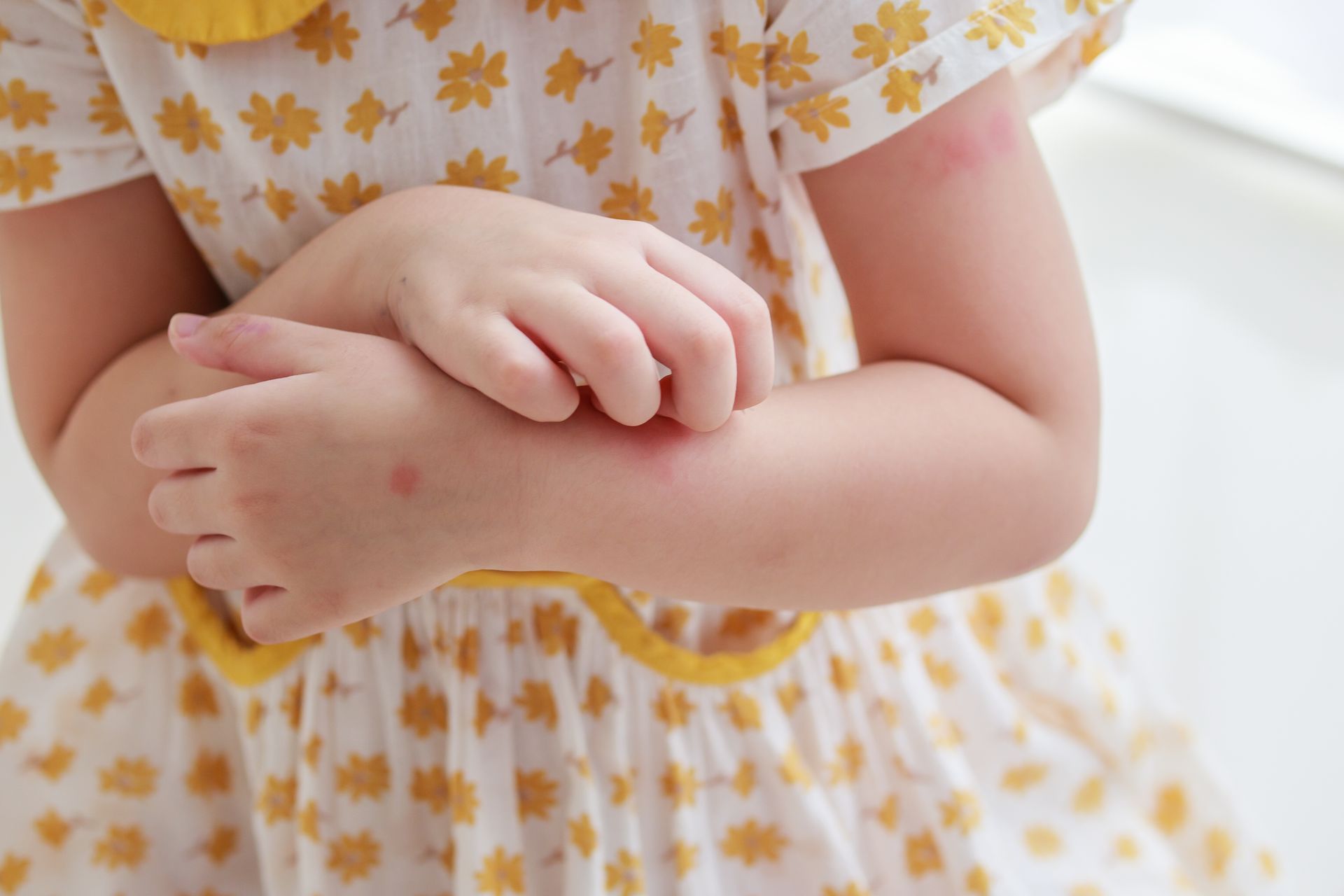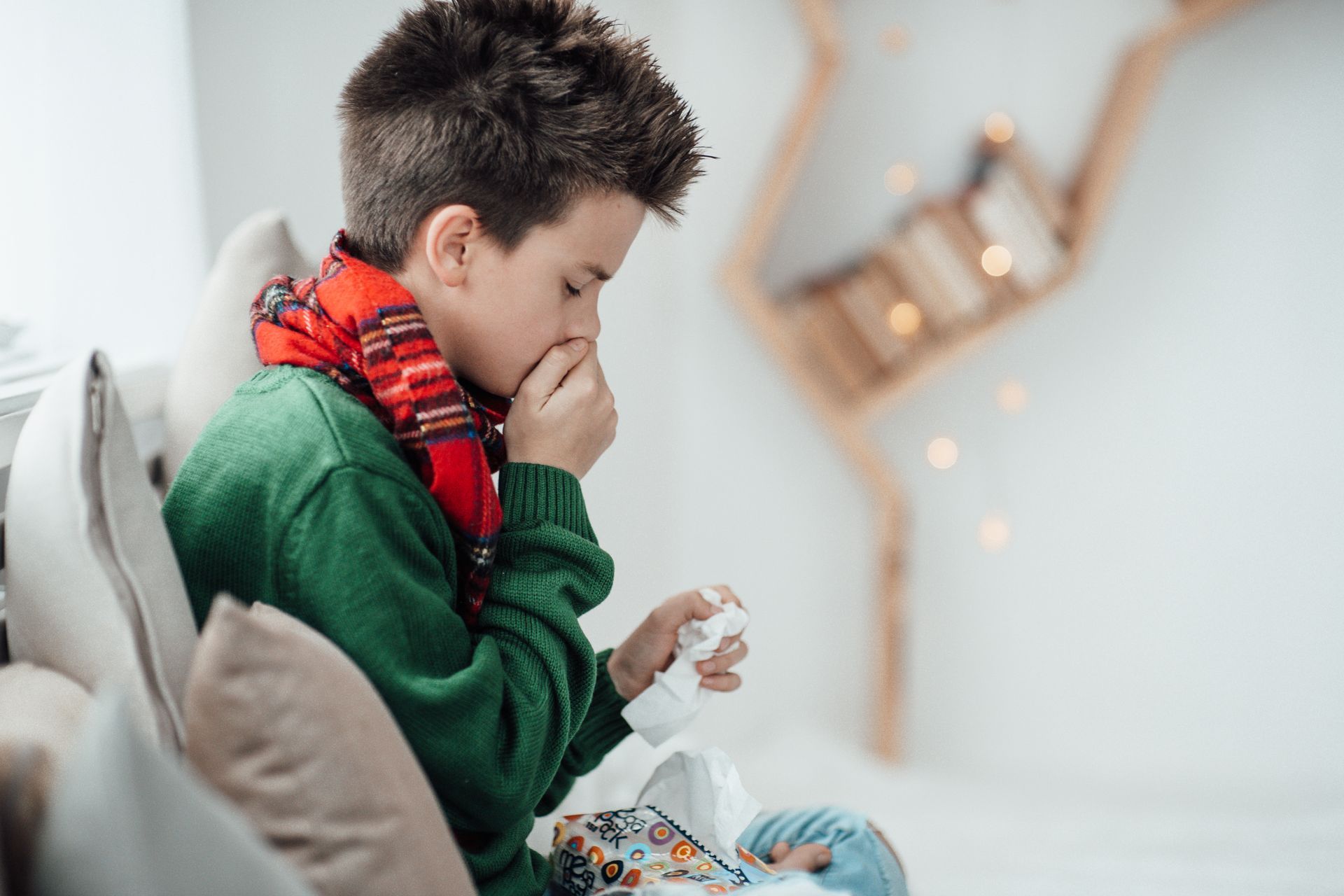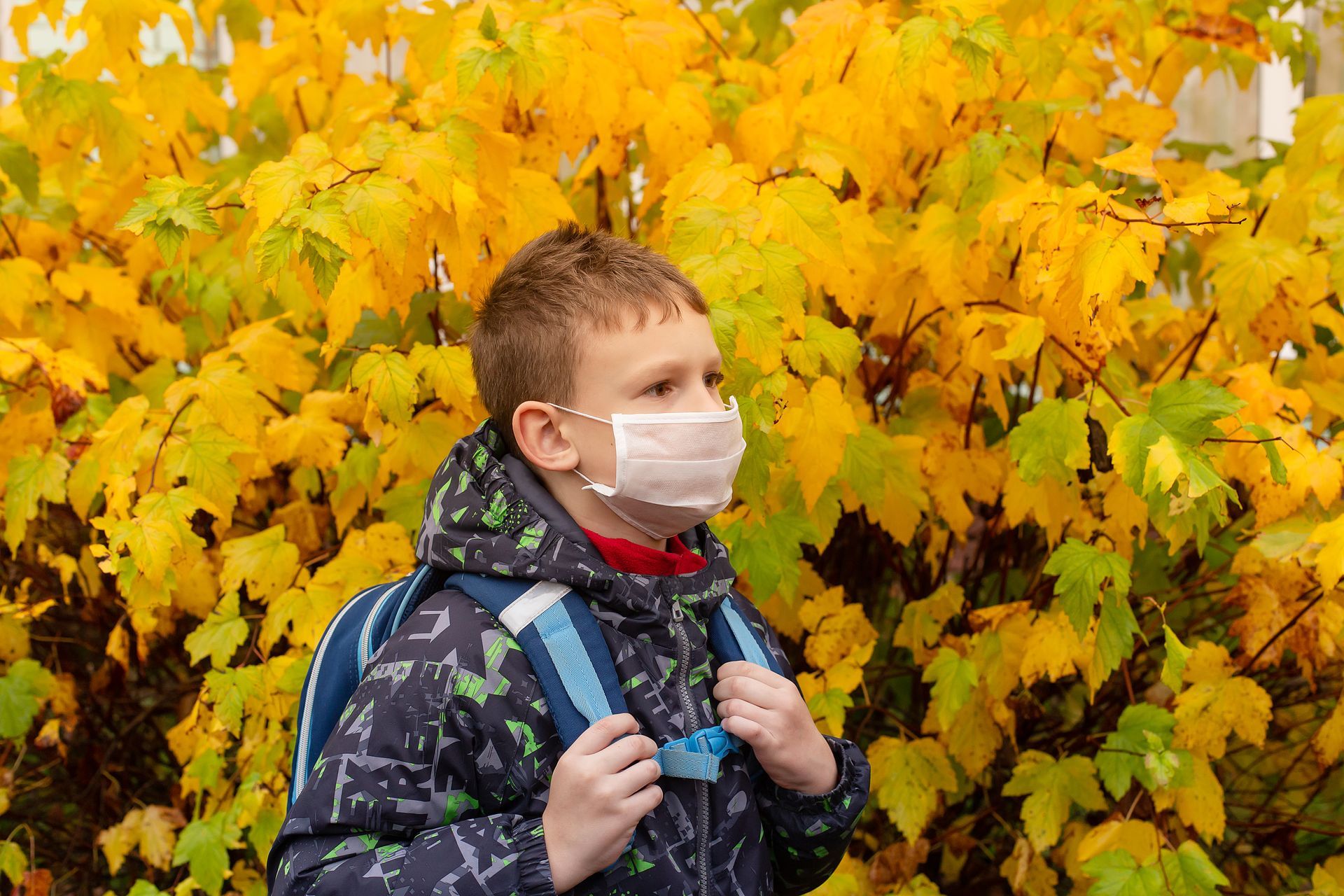Common Concerns in Vaccinating Your Children

Overview
People can avoid getting dangerous diseases by getting vaccinated. On the other hand, skeptics worry that the shots will do more harm than good. The World Health Organization (WHO) lists people who don't want to immunize as one of the
world's ten most significant health risks.
Delaying or refusing a vaccination can hurt the health of the public. If fewer people get vaccinated, the number of people who are immune to disease will drop. As a result, the condition happens more often, especially in people at a higher risk.
Hesitations are rooted in vaccination concerns, such as fear that there are side effects of childhood vaccines. We will clarify in this article some of the common concerns in vaccinating your children.
What Are the Common Concerns in Vaccinating Your Children?
Vaccines work because they make the body ready to fight off illness. However, some people are still skeptics who have the following issues.
1. Do Vaccines Work?
Yes, they do. Vaccine concerns include whether or not they work. Successful immunization regimens have reduced all preventable illnesses. Vaccination rates lower disease rates. When vaccination rates drop (for example, due to fear of vaccinations or war/disaster), disease and fatalities rise.
Vaccines protect immunized children and those near them who have weak immune systems from diseases.
2. Should my child still need to be vaccinated even if all schoolmates have already been immunized?
Children's vaccines are still required even if the classmates and other people they mingle with have already been vaccinated. If everyone is vaccinated, a single child's sickness risk is modest. Your child meets people beyond school, too. If one individual skips immunizations, others may too. Each unvaccinated child increases the risk of infectious diseases spreading.
Even while U.S. vaccination rates are high, there's no way to tell if everyone your child encounters has been vaccinated. That's especially true with so much international travel. Travelers may be exposed to persons who have infectious diseases in other countries, which can be dangerous for those who aren't fully vaccinated. Immunize your children to safeguard them from the risks of preventable diseases.
3. Is It Harmful to My Baby to Get So Many Vaccines at Once?
Babies have more vital immune systems than you think and can handle more germs than
immunizations. The amount of germs in immunizations is a small percentage of what newborns' immune systems face daily.
Vaccination can cause a slight fever or rash in some children. The danger of severe reactions is modest compared to the health hazards from the diseases they prevent.
They don't occur because the baby had multiple immunizations at once.
4. How Long Is Vaccine Immunity?
A few vaccines, like those for measles and hepatitis B, may provide lifelong immunity. Others, like tetanus, require booster doses for continuing protection.
Whooping cough (pertussis) vaccine does not provide lifetime immunity. Therefore outbreaks continue.
Keep vaccination records so the doctor knows when your children need a booster. Always get your children the flu shot.
Flu viruses constantly evolve, so last year's vaccine won't work this year. Each year, the vaccination is updated with new viral strains.
5. Why Vaccinate for an Eliminated Disease?
In other regions of the world, measles and polio are still common. Doctors continue to vaccinate against them because it's simple to contract them through travel, whether Americans travel abroad or unvaccinated persons come to the U.S.
Measles outbreaks have occurred in various states recently, despite being eliminated in 2000. Elimination indicates the disease hasn't been continually spread for over a year, but attacks can still occur. These were primarily unvaccinated cases.
Whooping cough (pertussis) and mumps had recent epidemics. Smallpox is the only disease for which it's safe to cease vaccines.
6. What About Vaccine Side Effects?
Vaccines, like all drugs, can produce adverse effects but are only mild and short-lived. Soreness, redness, and swelling at the injection site are frequent, while side effects are infrequent.
Tell the doctor if your child has food or pharmaceutical allergies or a vaccination reaction. Millions of children are vaccinated each year with few significant adverse reactions.
It is encouraged by the American Academy of Pediatrics (AAP) to use portions instead of whole dead pertussis cells in
DTaP vaccines. DTaP also has fewer adverse effects. Never worry since continuous research enhances vaccination safety.
7. Can Measles or MMR Vaccines Cause Autism or Other Disorders?
No. This claim lacks scientific evidence. Some parents believe the
MMR vaccine causes autism because autistic symptoms occur around the same age they were vaccinated.
A 1998 research that showed a relationship between the MMR vaccine and autism was a fraud. The journal that published the research has since been removed. Many significant scientific investigations have revealed no link between MMR and autism.
8. Why Children’s COVID Vaccine Is Essential?
The pediatric Covid vaccine is vital to protect everyone 6 months and older from COVID-19 and its complications.
If a child gets COVID-19, getting vaccinated against it can help keep them from getting very sick. Getting children vaccinated can also help families by giving them more confidence in their children's protection in attending childcare, school, and other activities.
After getting a Covid vaccine for children, keep taking all of the other precautions that the Centers for Disease Control and Prevention (CDC) and the most recent COVID-19 Community Level data suggest. Find ways how to keep your family safe from COVID-19.
Get Your Child Immunized by a Specialist
At
Sang Pediatrics, vaccinations have been one of the best ways to keep children from getting sick. We tell parents that following an immunization schedule is a safe and effective way to keep their children safe from infectious diseases that could kill them.
Reach out to us today through the highlighted link or call (559) 268-1737 to learn more about vaccines and a suggested schedule for getting them.
Looking for more information?
Book a consultation
We are a pediatric primary care provider for the Fresno and Clovis area. We provide multiple pediatric services for your child's healthcare. We are also available for walk-ins during our regular business hours at any of our locations.
QUICK LINKS
Sang Pediatrics | All Rights Reserved.










